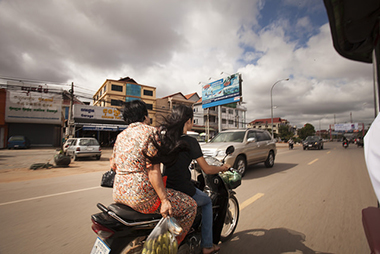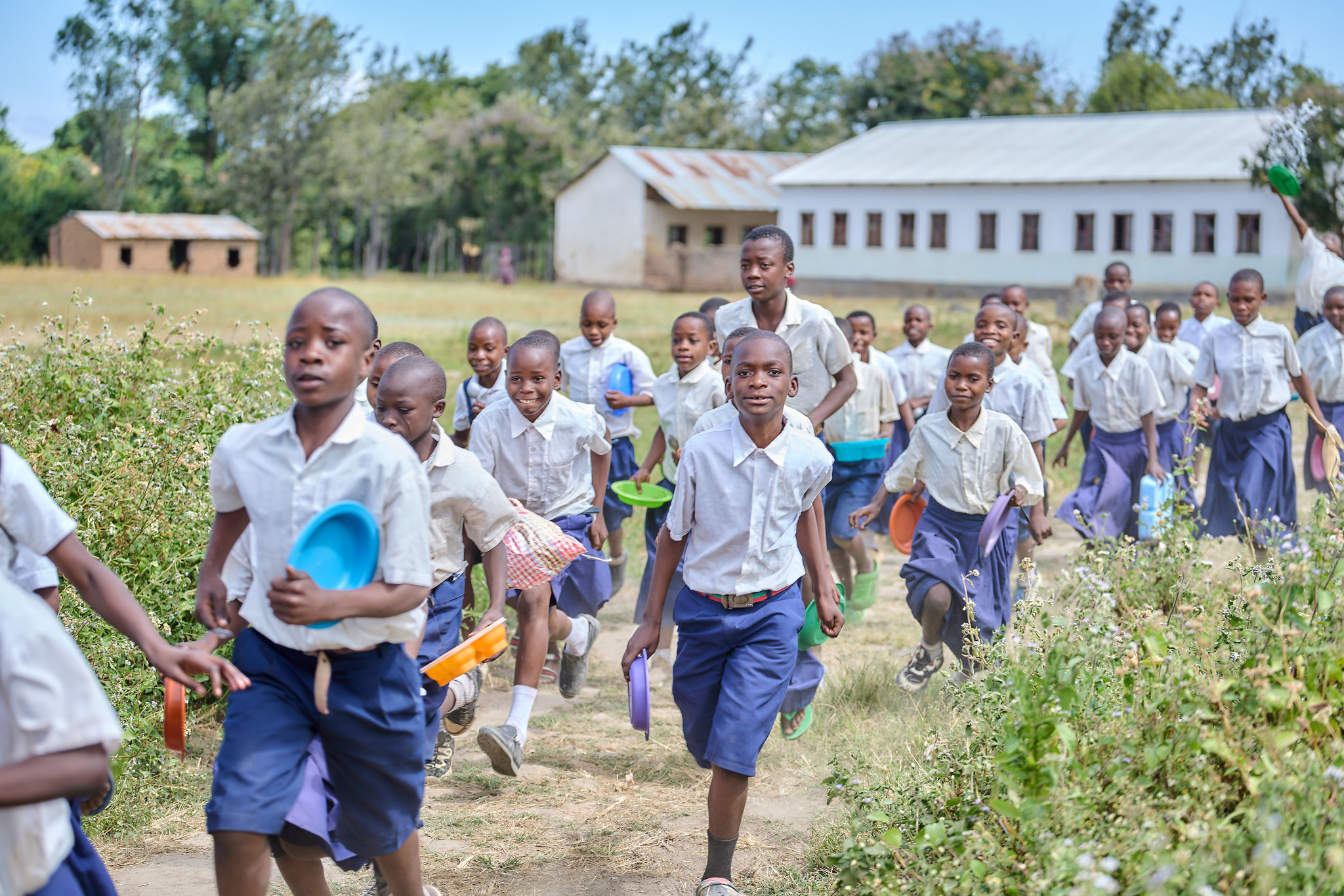As we draw the curtain on the Millennium Development Goals, the world has successfully halved poverty and made tremendous headway in reducing hunger over the past 15 years. However, several challenges persist and new ones are emerging. For example, progress toward meeting the global targets on nutrition is slow, and even stagnant in some cases. At the UN General Assembly this month, world leaders will agree on the Sustainable Development Goals (SDGs)—17 goals and 169 targets—which will anchor the global development agenda for the next 15 years. At the center of the SDGs are goals to eliminate extreme poverty, hunger, and malnutrition, and conserve our environment. Keeping the focus on these central goals is critical to unifying efforts toward achieving multiple SDGs.
Uncertainties remain concerning how to measure and track the progress of the SDGs, how such efforts will be financed, and who is accountable for what. Building country capacity to ensure delivery on forthcoming commitments must be addressed. As the world welcomes the historic launch of the SDGs, there is an urgent need to share knowledge on these issues to help chart the way forward.
IFPRI recently convened a policy seminar for experts to weigh in on these issues and explore solutions to the challenges on the path to attaining the SDGs. Moderated by Nabeeha Kazi, from Humanitas Global Development, I was joined by the panelists Francisco Ferreira, from the World Bank; Homi Kharas, from Brookings Institution; Andrew Steer, from World Resources Institute; and Claudia Ringler, from IFPRI.
Our lively and insightful discussion led to three main takeaways:
Global commitments must translate to country implementation
While the SDGs are a global commitment, success will depend on country-owned and country-led strategies and investments. The journey after New York must begin with intensified efforts to move global commitments to successful implementation of country policies and strategies. To help countries accelerate progress toward the SDGs, the international community should adopt a multisectoral approach that supports the development of context-specific road maps. Scaled up investments for building policymaking capacities—to collect credible data, conduct sound analysis, and design and implement evidence-based policies that support the SDGs—will also be key. And these investments will also promote effective monitoring and evaluation that can further assist countries in prioritizing actions and resources, and ensuring accountability.
Community-level engagement will elevate country-level progress
The SDGs are a call for collective action at the country level. At the heart of country-level progress is engagement of diverse stakeholders within countries. While the SDGs will serve as a guide for governments to craft national strategies, achieving them requires including other key actors, such as local communities, nongovernmental organizations, the private sector, and academia and research institutions. In fact, the success of the SDGs will depend greatly on efforts to promote inclusive growth from the bottom-up. Empowering local communities through capacity strengthening, as well as creating an enabling environment for private sector involvement, will promote ownership of the SDGs at the country level, and elevate progress without leaving anyone behind.
Communication to all audiences is key
The SDGs must be people-focused. Reaching diverse groups and communities, particularly those who are the focus of the SDGs (such as women, smallholder farmers, youth, and excluded and vulnerable groups), will require effective communication strategies that are context-specific. We must enhance and encourage cooperation and collaboration with community groups to better inform, educate, and influence those who will truly benefit from the SDGs.
Compact2025: An inclusive global partnership for ending hunger and undernutrition by 2025
Reaching the SDGs requires behavior change that leads to multiple wins. We have seen some countries make exceptional progress—Brazil, China, Thailand, and Vietnam, for example, have dramatically reduced hunger and undernutrition. The strategies these four countries and other successful countries implemented offer best practices that can be tailored to other developing countries so they can make similar or even greater advancements in reducing hunger and malnutrition. Inclusive, multistakeholder partnerships will be crucial to ensuring that a transparent accountability system is established, along with clear, measurable indicators to track progress. Partnerships that include public, private, research, and local communities will allow for multidimensional progress, and avoid the tradeoffs that often occur when working in silos.
IFPRI is well-positioned to support countries in their efforts to achieve multiple SDGs by providing evidence-based research, policy analysis, and data (through, for example, the Global Food Policy Report, Global Nutrition Report, and Global Hunger Index Report), and strengthening national capacity through country strategy support programs.
IFPRI will also support country-led efforts through Compact2025, an inclusive global effort to support countries, institutions, and initiatives for the elimination of hunger and undernutrition by 2025. Compact2025 will serve as a global knowledge and innovation hub to experiment, learn, and share evidence for pragmatic, action-oriented strategies. Compact2025 will contribute to the SDGs, as the elimination of hunger and undernutrition is a stepping stone to ending extreme poverty and achieving other SDGs.
The stage is set: the SDGs will be a guiding light to the world in promoting sustainable and effective solutions to some of the world’s biggest challenges. Through country-level implementation, collective action at all levels, effective communication, and inclusive partnerships, we can pave the way for a successful journey to 2030.







